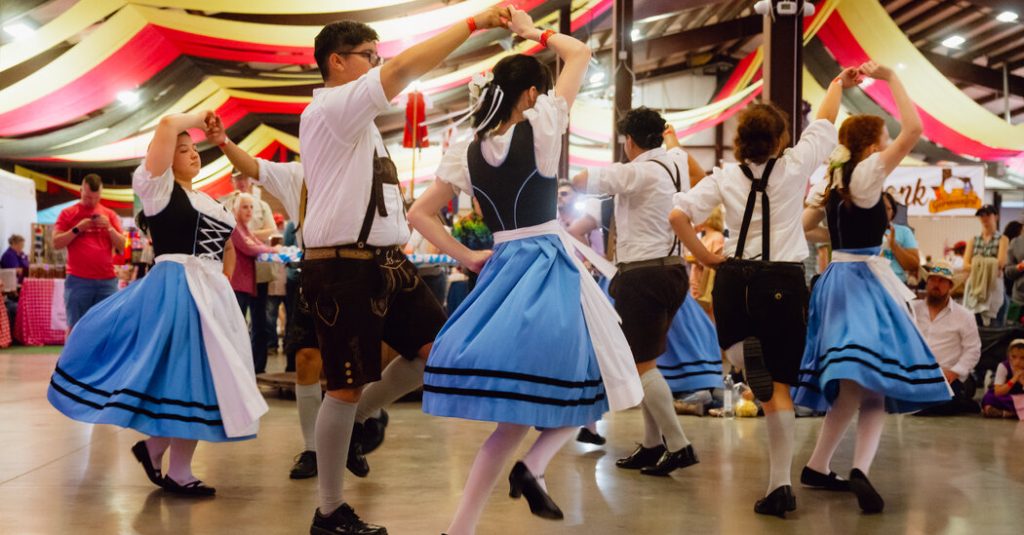In Muenster, Texas, a small farming and ranching community settled by German immigrants, a long-standing tradition of hosting the three-day Germanfest festival was threatened by a dispute over the beer contract. The festival, which draws around 20,000 visitors, has historically been organized by the Jaycees, a civic organization that took a large cut of the beer sales proceeds. When the Muenster Chamber of Commerce sought to renegotiate the contract and decrease the Jaycees’ share, the Jaycees responded by hosting their own competing festival. This division sparked a deeper conflict within the town, exposing tensions over the changing nature of the festival and the town’s identity.
The split in Muenster was not simply about beer sales, but about conflicting visions of the town’s signature event and the survival of traditional community volunteer groups. The Germanfest festival has been a major source of revenue for these groups, including the Jaycees, who rely on the festival proceeds to support local families in need. However, a disagreement over the allocation of beer sales profits led to a rift that divided neighbors and challenged the town’s sense of unity. The dispute highlighted the evolving dynamics of volunteerism in small towns like Muenster, where community organizations are struggling to adapt to changing demographics and economic pressures.
Muenster’s deep-rooted German heritage and traditions play a significant role in shaping the town’s identity. From the German names of local businesses to the annual football rivalry with another German-heritage town, Lindsay, Muenster’s cultural ties to its immigrant past are evident in everyday life. The town’s commitment to volunteerism, embodied by groups like the Jaycees, reflects a sense of community and shared responsibility that has endured over generations. Despite challenges and changes in recent years, Muenster remains proud of its heritage and the values that have shaped its character.
The conflict over the beer contract at Germanfest symbolizes a larger struggle within Muenster and similar communities across America as they grapple with maintaining traditions in a rapidly changing world. The dispute revealed underlying tensions over issues of ownership, representation, and the balance between preserving heritage and embracing change. While some residents expressed concerns about the festival losing its local flavor and becoming more commercialized, others saw the split as a necessary step towards ensuring fairness and accountability in community events. Ultimately, the division in Muenster forced residents to confront difficult questions about identity, unity, and the future of their town.
As the two competing festivals unfolded in Muenster, residents were faced with the challenge of navigating a new reality where long-standing traditions were being reshaped by internal conflict. Despite the tension and uncertainty, both festivals managed to attract crowds and celebrate aspects of the town’s heritage in their own ways. While the disagreements may have caused rifts within the community, they also highlighted the resilience and adaptability of Muenster’s residents in the face of adversity. As the festivals came to a close, the town grappled with the aftermath of the dispute and sought to find common ground to move forward and preserve the spirit of volunteerism and tradition that have defined Muenster for generations.
In the end, the dispute over the beer contract at Germanfest in Muenster served as a microcosm of larger societal challenges related to identity, community, and change. The conflict exposed deep-seated tensions and divisions within the town, but also prompted residents to reflect on their shared history and values. As Muenster continues to evolve and confront new challenges, the legacy of the festival dispute will serve as a reminder of the importance of communication, cooperation, and respect for differing perspectives in preserving the town’s heritage and sense of community.


